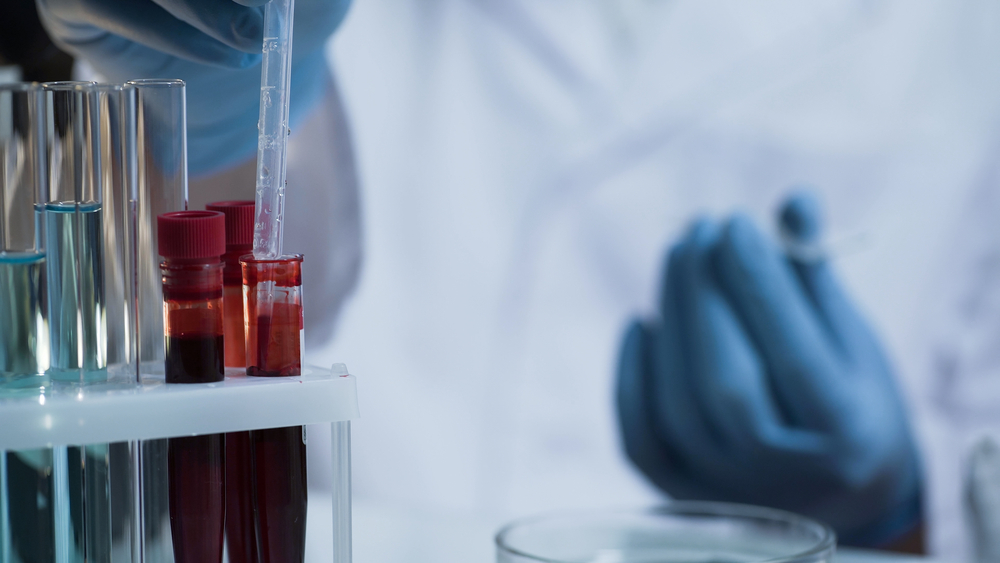
Researchers from the University of Texas Medical Branch (UTMB) at Galveston recently developed a cheaper way to create vaccines without sacrificing their safety or effectiveness.
The way forward focuses on cost-cutting in both storage and production. Traditionally, many vaccines are manufactured using cell culture or eggs. That route is easily contaminated and demands refrigeration that, depending on the climate, can massively inflate vaccine costs. Therefore, the UTMB team engineered a production method that eliminates the need to use cell cultures or eggs, relying instead on DNA molecules that lack expiration in warm temperatures.
“The ability to eliminate cell culture or eggs and cold storage will change the process of vaccine development,” said UTMB’s Pei-Yong Shi, professor in the department of biochemistry and molecular biology. “Importantly, this vaccine technology could potentially serve as a universal platform for development of live-attenuated vaccines for many viral pathogens.”
This new form also comes with the benefit of years worth of shelf life. So far, the team has only tested their model on mice, but it worked efficiently, protecting them from Zika virus infection.




